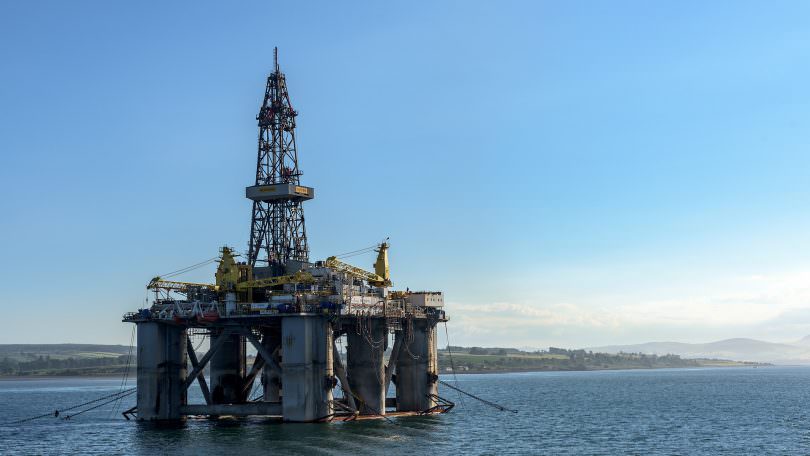OIL and gas giant Shell has predicted a big boost in profits in its natural gas division because of soaring prices.
The company is to report its fourth quarter results at the beginning of next month but said it expects them to be “significantly higher” year on year in its integrated gas business.
Both Shell and BP boosted their coffers in the third quarter last year from July to September – despite paying no UK tax on North Sea oil and gas for three years.
In response to falling oil prices in 2015 the Tory UK government cut petroleum revenue tax from 50% to 35% and, in 2016, to 0%. The supplementary charge was cut from 62% to 10%.
However near neighbour Norway, kept taxation on oil and gas at 78%. Despite two years of record low prices, Shell paid £4.589bn to Norway. In the UK, the company was awarded £179m in tax rebates.
In the 24 countries in which Shell then operated, every one, except the UK, forced the company pay taxes. In the same time frame, and in the 23 countries in which BP worked, the UK was the outlier, with the company receiving rather than paying tax and awarded £342m in rebates.
BP alone made £2.4bn from July to September last year as crude prices averaged $74 a barrel. The figure was around one fifth higher than the previous quarter.
“When the market is strong, when oil prices are strong and when gas prices are strong, this is literally a cash machine.”
As global leaders converged on Glasgow for the COP26 climate change summit, BP chief executive Bernard Looney said: “When the market is strong, when oil prices are strong and when gas prices are strong, this is literally a cash machine.” It was reported that he would be paid £1.735m for the year. Shell Boss Ben van Beurden was paid £4.84m in 2020, according to reported figures.
In Norway, the total net cash flow from the industry is estimated to amount to 20% of the government’s revenue in the 2022 fiscal budget but in the UK households are facing a price hike of up to £2000 in dual fuel bills in April when the energy price cap is reviewed. Compare that to the fact the UK government designed tax systems that meant the oil giants paid almost no tax on their North Sea extraction activities and which has created the increased notional deficit in  Scottish revenues.
Scottish revenues.
Energy suppliers in the UK have warned there is a “national crisis” as wholesale gas prices continue to rocket to record highs. The crisis has led to 27 suppliers collapsing as well as the projected £2000 increase in household bills.
Pressure is growing on UK Prime Minister Boris Johnson to cut the 5% VAT on dual fuel but he is so far refusing to offer that relief to hard-pressed householders – already facing an increase in National Insurance contributions and food price rises.
Other moves being demanded include a windfall tax on the big oil companies like BP and Shell, the extension of fuel grants and a shift of green levies from household bills to general taxation.
Shell has said its investors will gain from the continuation “at pace” of its $7bn share buyback scheme this year with $5.5bn still to come.
Unlike the UK, Norway also has a sovereign wealth fund built from profits from the fossil fuel industry, estimated at $1.4trillion and worth about $248,000 for each of its 5.3m citizens. Part of it is now being used to fund a transition to renewable energy.
In the UK, much of the profit from oil and gas was used by the Thatcher government to fund tax cuts which then fuelled a rise in house prices as people spent their disposable income.









